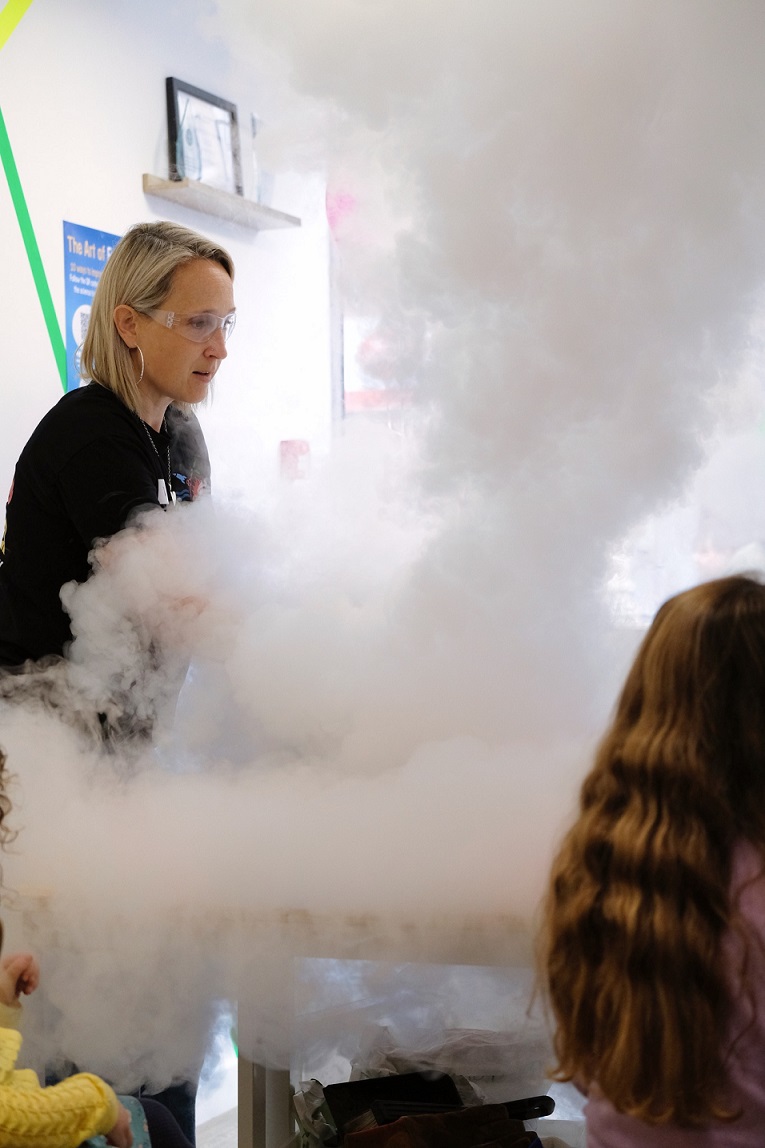 Dr Victoria Mason, Winner of RSC I&D Prize 2024
Dr Victoria Mason, Winner of RSC I&D Prize 2024
Discovery Planet CIC, United Kingdom
Vicky is an education and science communication consultant, with over 10 years experience as a Senior Lecturer in Physics and Astronomy at the University of Kent. She has vast experience of developing and delivering science outreach and engagement activities as well as public engagement training for post-graduate students. Vicky undertakes STEM workshop development and delivery for Discovery Planet; provides training for others; and co-creates activities with researchers, industry collaborators and community groups
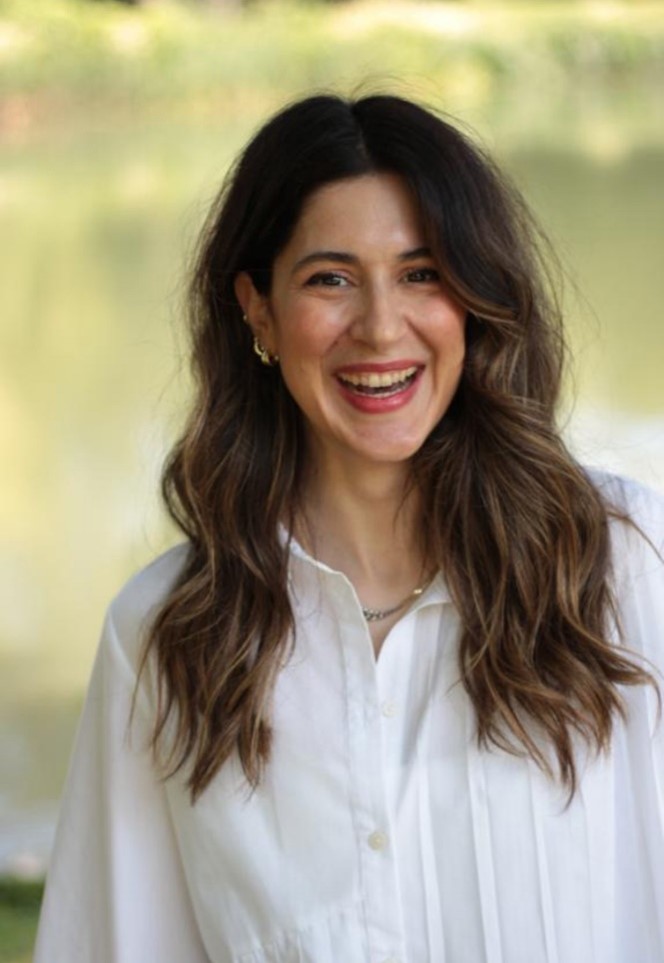 Kelly Kousi, I&D Fund Winner
Kelly Kousi, I&D Fund Winner
University of Surrey, United Kingdom
Kelly leads a group dedicated to advancing materials for sustainability, with a particular focus on nanoengineering materials for greenhouse gas conversion and clean energy production. She is also deeply committed to enhancing the teaching experience, with an emphasis on inclusivity in her methods.
In addition to her academic work, Kelly has a strong passion for science communication and has been recognized for her contributions to equity, diversity, and inclusion (EDI). She has collaborated with the Museums of Northumberland on the 'Our Past, Your Future' campaign, which aims to inspire young students to pursue careers in STEM. Kelly has also been honored in the WE50 Awards for her efforts in promoting inclusion and equity within engineering, and she has received a Horizons Award from the Royal Society of Chemistry (RSC) for her innovative teaching practices.
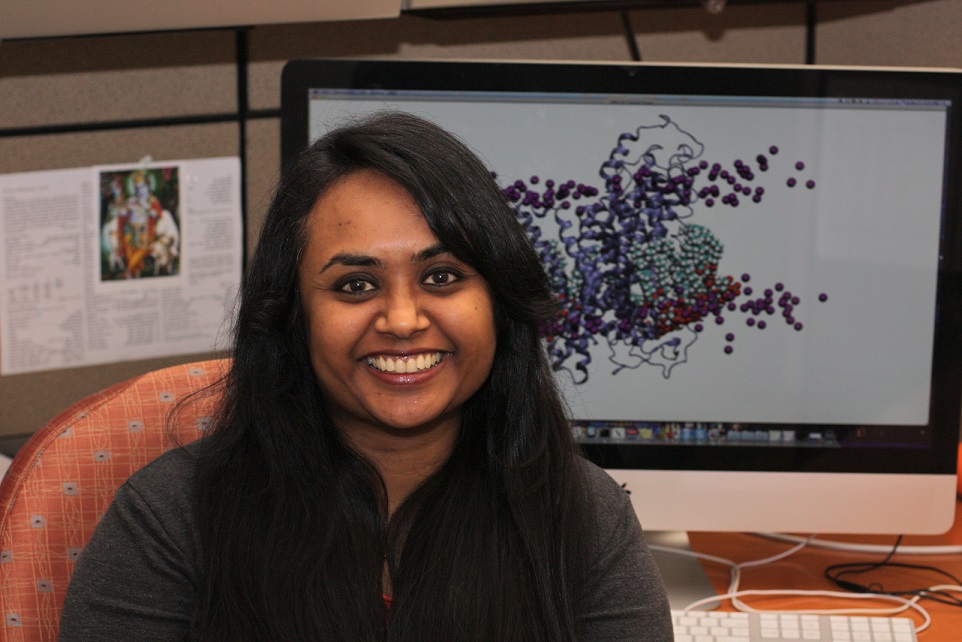 Michelle A. Sahai, I&D Fund Winner
Michelle A. Sahai, I&D Fund Winner
Brunel University London, United Kingdom
Dr Michelle Sahai is a Lecturer at Brunel University London, where she delves into membrane proteins and their role in biological processes. Her work primarily investigates the interaction of new psychoactive substances with the dopamine transporter, aiming to shed light on mechanisms of addiction and potential treatments.
Dr Sahai is also deeply involved in community and mentorship initiatives within the field of computational chemistry. She is a co-organiser of the annual CompChemURG Symposium and the associated mentorship programme with bindingsites.co.uk. These two initiatives are in collaboration with the Molecular Graphics and Modelling Society (MGMS) and funded by the Royal Society of Chemistry Inclusion and Diversity Fund. The CompChemURG symposium champions inclusivity and the development of a diverse computational chemistry community, while emphasising the importance of mentorship. This commitment to diversity and mentorship not only enriches the community but also drives innovation, as it brings a wide range of perspectives and ideas to the forefront of scientific inquiry and problem-solving.
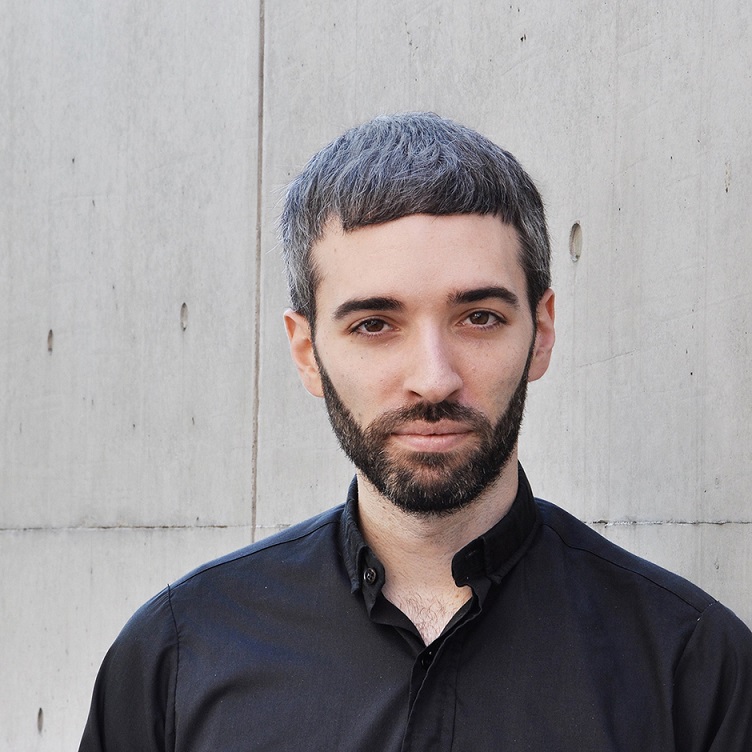 Dr Marco Reggiani, University of Strathclyde, United Kingdom
Dr Marco Reggiani, University of Strathclyde, United Kingdom
Dr Marco Reggiani is a research associate at the University of Strathclyde. His research focuses on issues of equity, diversity, and inclusion in STEM and higher education, as well as on planning and urban development. This has included exploring the experiences of LGBTQ+ people and women in STEM and designing initiatives to remove barriers to inclusion for marginalised and excluded individuals in STEM. He is the co-founder of StrathPride, the LGBTQI+ Staff & PGR Network at the University of Strathclyde.
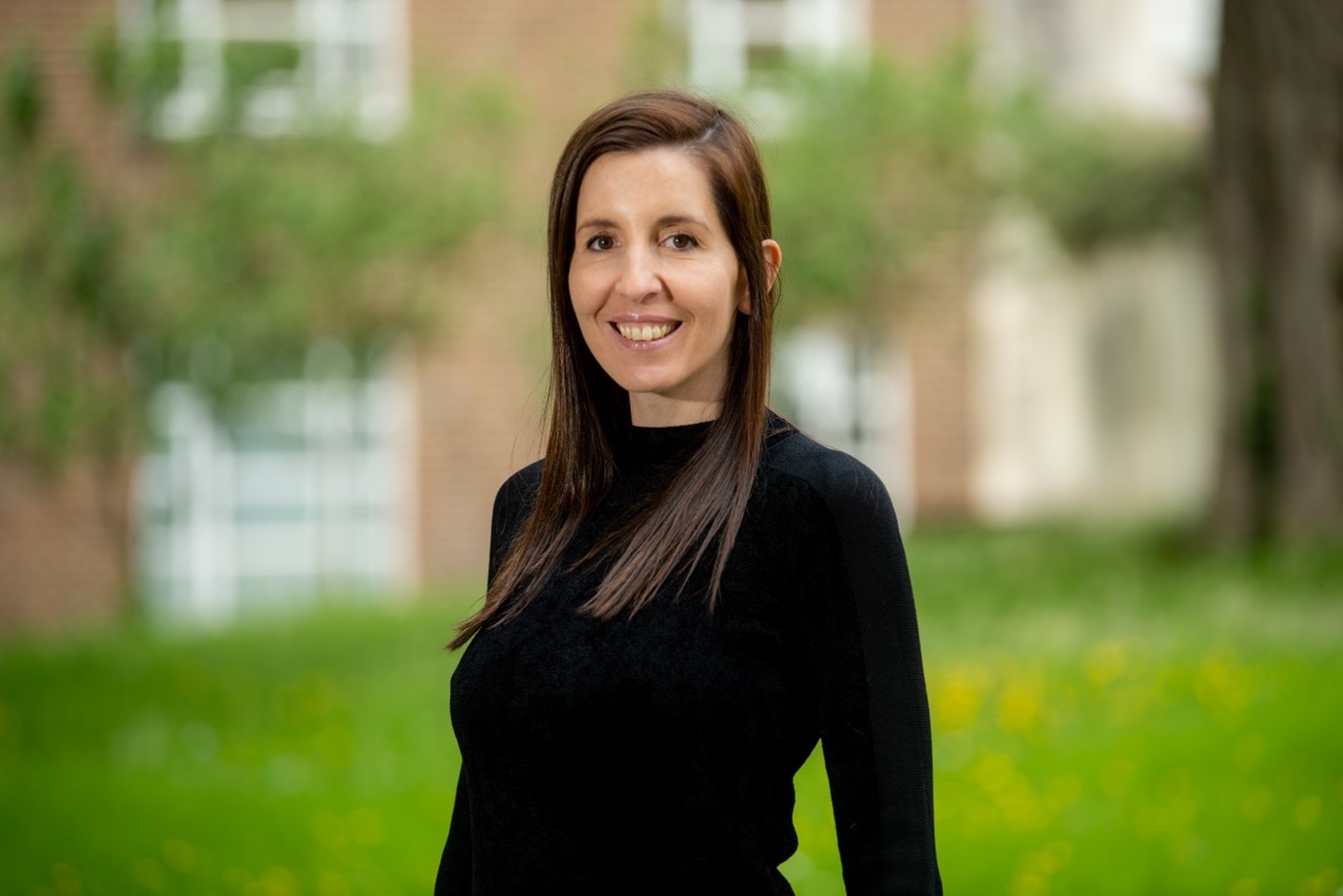 Prof Ioana Latu, Queen’s University Belfast, United Kingdom
Prof Ioana Latu, Queen’s University Belfast, United Kingdom
Ioana is a Professor in experimental social psychology at Queen’s University Belfast, UK. She obtained her PhD in social psychology at Georgia State University, US in 2010. Before joining Queen’s in 2016, she was an assistant professor of psychology at Rutgers University, US and a fellow of the Swiss National Science Foundation at the University of Neuchâtel in Switzerland. Ioana’s research focuses on understanding and reducing intergroup biases, with a specific focus on gender biases in organisational and academic contexts. Her current research seeks to understand and improve attitudes towards equality initiatives, including gender and LGBTQ+ inclusion initiatives in the academic STEM field.
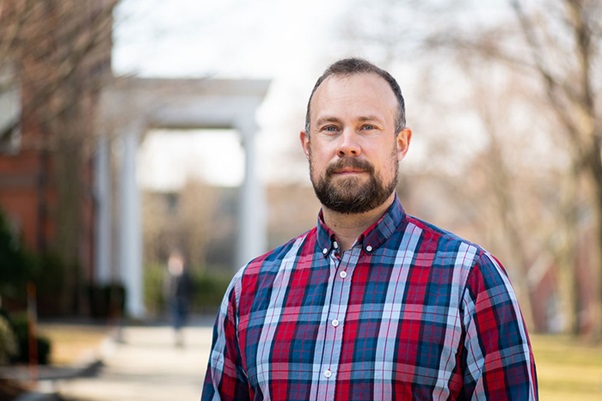 Dr Timothy Atherton, Tufts University, United States
Dr Timothy Atherton, Tufts University, United States
Prof. Timothy Atherton is a theoretical physicist and physics education researcher, who has been advocating for LGBTQ+ inclusion in Physics since 2009 through organising events at APS meetings, colloquia, talks etc. He was a member of the APS ad hoc committee on LGBTQ+ issues that convened in 2016 to produce a report—the first of its kind—on the status of LGBTQ+ people in Physics. Together with Ramón Barthelemy, and other co-authors, he published the first study of LGBTQ+ climate in Physics. He continues to research these issues, particularly how classroom practices facilitate the participation of marginalised people.
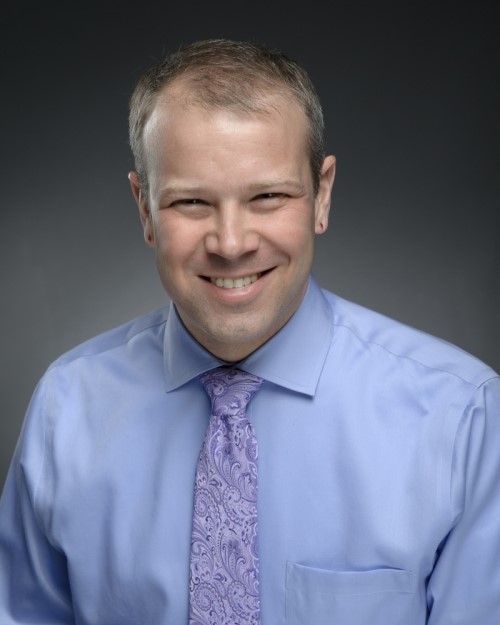 Prof Bryce Hughes, Colorado University, United States
Prof Bryce Hughes, Colorado University, United States
Bryce is an associate professor in education at Montana State University, US. He earned his PhD in education from UCLA, his MA in student development administration from Seattle University, and his BS in general engineering from Gonzaga University, US. His work highlights the disproportionate rates at which LGBTQ+ students leave Stem fields. His recent NSF CAREER award focuses on understanding the experiences of LGBTQ+ students in Stem majors, investigating students’ social networks, degree completion rates, and science and engineering identity. His research has garnered recognition from the American Society for Engineering Education and the American Society for Engineering Management.
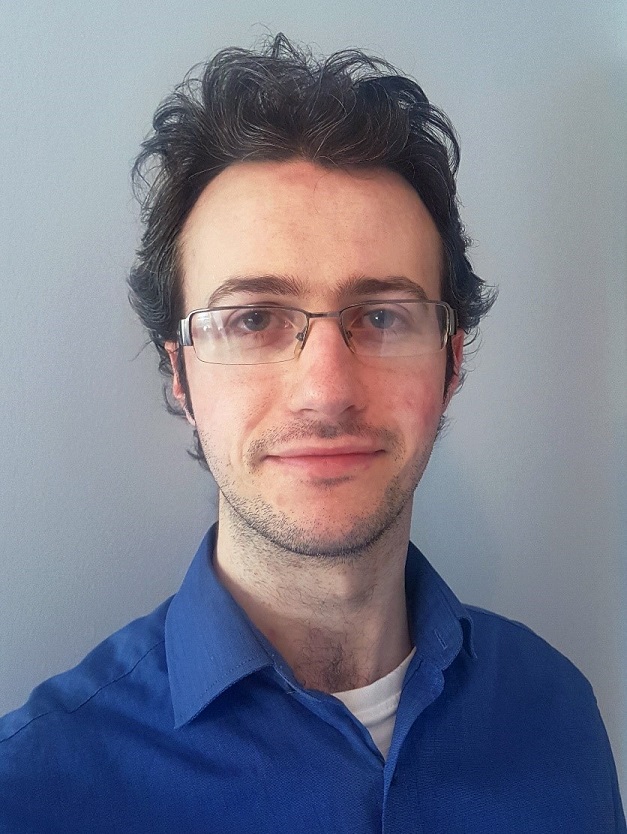 Dr Robert Bolton, University of Lincoln, United Kingdom
Dr Robert Bolton, University of Lincoln, United Kingdom
Robert Bolton is a Research Associate at the Eleanor Glanville Institute, the University of Lincoln. In this role he works on a range of academic and consultancy projects exploring lived experiences related to equality, diversity and inclusion. Most recently, Robert has been part of the research team working on the project exploring LGBTQ+ Inclusion in STEM across the UK and USA. Robert graduated with a Bachelor of Social Science (Hons) in 2014 and a PhD in Applied Social Studies in 2018 from University College Cork, Ireland. In 2022 he completed a Certificate in Counselling Skills from Munster Technological University, Ireland.
From 2019 to 2023 Robert worked on the multicountry PositivMasc project which explored how violence against women can be addressed in the context of men and masculinities. He is a qualitative sociologist with an interest in gender and gender-based violence using symbolic interactionist theory. Robert’s sociological approach lies within the C. Wright Mills tradition, aiming to understand the subjective experiences of those effected by the topic at hand, honouring an individual’s unique biography in the context of a larger sociological framework.
Cal Horton, Oxford Brookes University, United Kingdom
Dr Cal Horton (they/them) is a social scientist and researcher in Applied Trans Studies, based at the Oxford Brookes Centre for Diversity, Research, Policy and Practice. Their research focuses on trans equity and inclusion, examining experiences in employment, education, healthcare, families, well-being and rights.
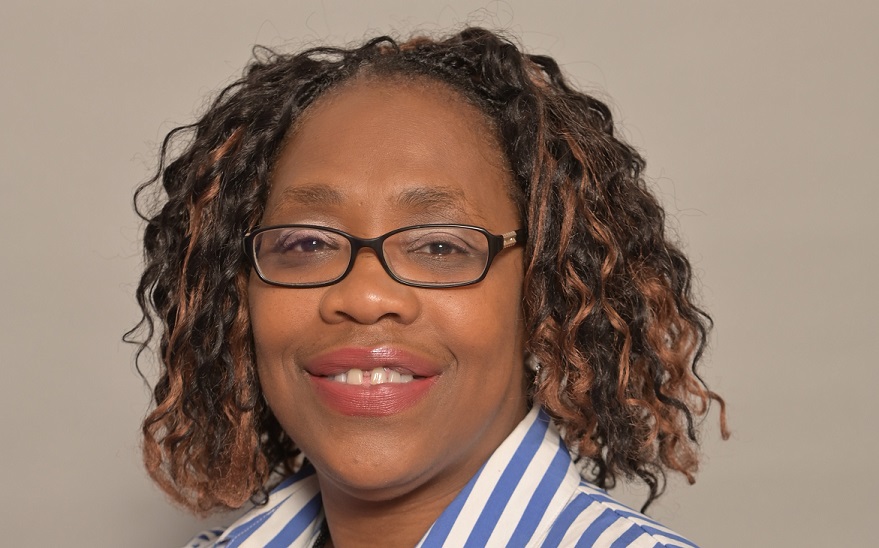 Dr Marcia Philbin, Faculty of Pharmaceutical Medicine, United Kingdom
Dr Marcia Philbin, Faculty of Pharmaceutical Medicine, United Kingdom
I am the Chief Executive of the Faculty of Pharmaceutical Medicine (FPM) which is a professional body for doctors who develop, regulate and monitor medicines globally. I started my career in the Ministry of Defence where I worked in various areas including energetic materials, systems and forensics. It was during that time I became a STEMNET ambassador as I wanted to encourage children to realise that they could be scientists too.
I gained my degree and PhD in chemistry, from the Aston University in Birmingham. I am active in the RSC as I Chair the Management Interest Group plus I serve on the Nomination Committee. I am a Fellow of the RSC, a Fellow of the Association of Project Management and in 2023, I was humbled to receive an Honorary Doctorate in Science from Aston University. In 2024, I was included in the Management Today’s Women Powerlist.
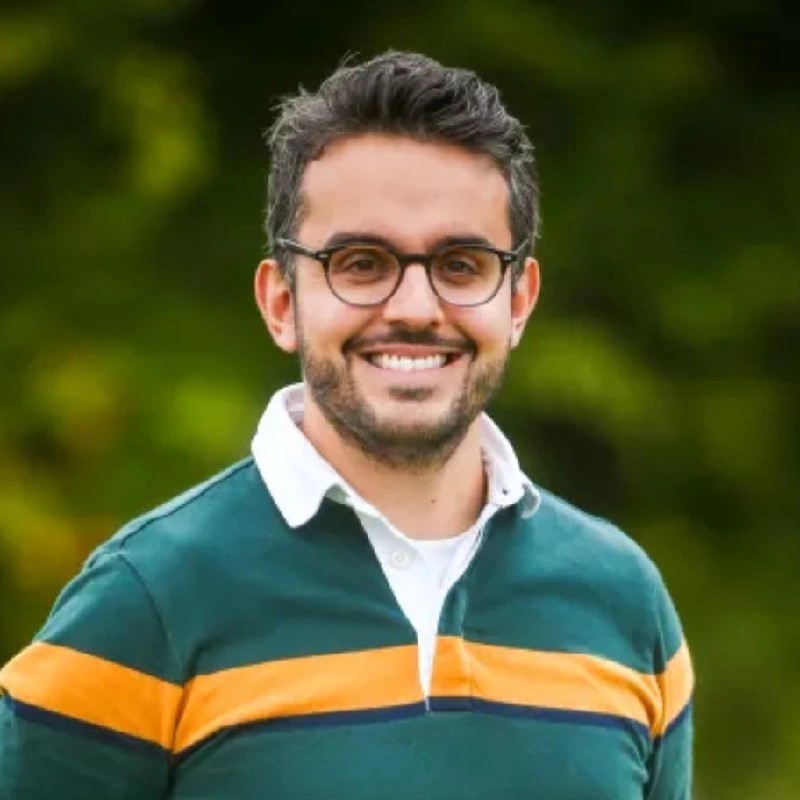 Dr Tom Ritchie, University of Warwick, United Kingdom
Dr Tom Ritchie, University of Warwick, United Kingdom
Dr Tom Ritchie is a Reader and Director of Student Experience at the University of Warwick's Department of Chemistry, where he champions innovative and inclusive STEM education. An award-winning lecturer and Senior Fellow of the Higher Education Academy (SFHEA), he specialises in AI integration, student-centred pedagogy, and fostering belonging in diverse learning environments. Tom leads transformative community-building initiatives like 'We are Chemistry,' which has reduced dropout rates by 45% and increased exam attainment by 12%. He co-designs and convenes interdisciplinary modules focused on innovation, sustainability, and AI ethics, incorporating inclusive pedagogies that prepare Chemistry students to address global challenges linked to UN Sustainable Development Goals. He also hosts the 'AI Ethics Now' podcast, exploring ethical considerations in artificial intelligence: https://spotifycreators-web.app.link/e/MQ07uXvH3Qb
His research spans inclusive education, student belonging, and AI in teaching. With a PhD in History of Science and extensive experience in curriculum design, Tom consistently demonstrates success in developing programmes that enhance student engagement and academic performance while promoting social justice and intercultural awareness.
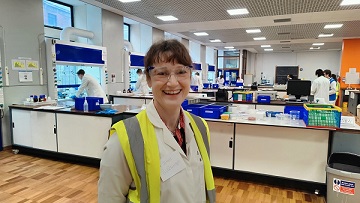 Dr Jenny Burnham, University of Sheffield, United Kingdom
Dr Jenny Burnham, University of Sheffield, United Kingdom
Jenny has been a Chemistry teaching specialist at the University of Sheffield for 20 years and loves teaching in higher education. She is an enthusiastic member of the HE Chemistry Education community, chair of RSC-HEG, and interested in everything related to student education. Her expertise encompasses laboratory teaching, professional skills development, the student experience, and working as a teaching specialist. She is representing the Wellchem 2.0 project on behalf of Patrick Thomson, Fraser Scott, and Debbie Willison (University of Strathclyde), with whom she is investigating links between student experiences in laboratory work and feelings of anxiety.
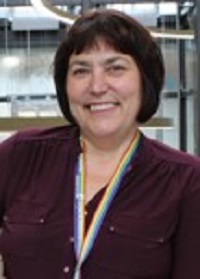 Vania Dimitrova, University of Leeds, United Kingdom
Vania Dimitrova, University of Leeds, United Kingdom
Vania Dimitrova is a Full Professor (Chair) of Human-Centred Artificial Intelligence (AI) at the School of Computer Science, University of Leeds, UK. Her research focuses on building Artificial Intelligence models that help people make sense of data, take decisions in complex settings, and learn from experience. Vania has been actively engaged in diversity and inclusion initiatives through her current and past roles. She is currently joint lead of the EPSRC funded Equality, Diversity and Inclusion Hub (EDI Hub+) aimed at sharing and implementing EDI practices for sustained transformation in the engineering, physical and mathematical sciences research and innovation practice. She is also a co-director of the UKRI Centre for Doctoral Training in AI for Medical Diagnosis and Care, responsible for research training and EDI. In the past, she was EDI lead for the Faculty of Engineering and Physical Sciences at the University of Leeds; served as President of the International AI in Education Society initiating the Society’s work on diversity and inclusion; and was a member of the Council of Europe Expert Group on AI in Education where she contributed to critical analysis of AI adoption in education in light of human rights, democracy and the rule of law.
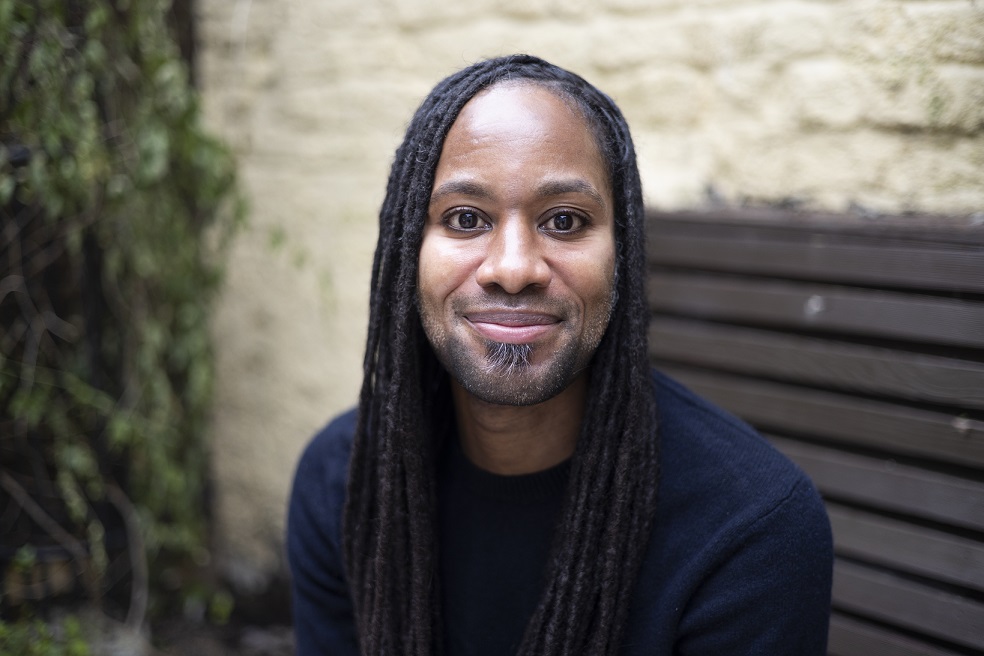 Jason Arday, University of Cambridge, United Kingdom
Jason Arday, University of Cambridge, United Kingdom
Jason Arday is Professor of Sociology of Education at the University of Cambridge, Faculty of Education, and a Professorial Fellow at Jesus College, Cambridge. He was formerly a Guest Editor on BBC Radio 4’s Today Programme and listed fourth on the prestigious Shaw Trust Disability Power 100 in 2023.
Professor Arday has previously held the position of Professor of Sociology of Education at the University of Glasgow, School of Education; Associate Professor in Sociology at Durham University in the Department of Sociology; and Deputy Executive Dean for People and Culture in the Faculty of Social Science and Health. He is a Visiting Professor at The Ohio State University in the Office of Diversity and Inclusion, University of Glasgow in the School of Education, and an Honorary Professor at Durham University in the Department of Sociology.
Jason is a Patron of the Adult Literacy Trust (ALT) and Get Further. He was formerly a Trustee of the Runnymede Trust, the UK’s leading Race Equality Thinktank for 11 years. Presently, he is a Trustee of the British Sociological Association (BSA)
Jason sits on the Centre for Labour and Social Studies (CLASS) National Advisory Panel, the NHS Race and Health Observatory Academic Reference Group and the ITV Cultural Advisory Council.






















